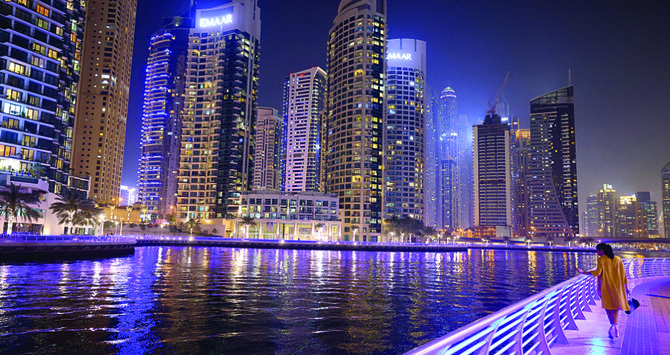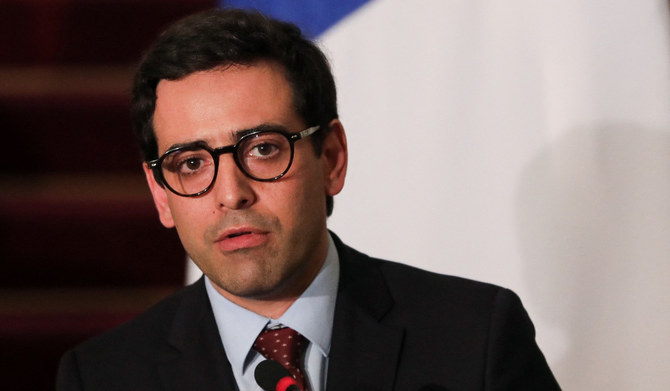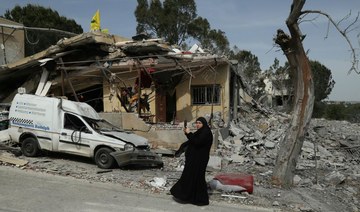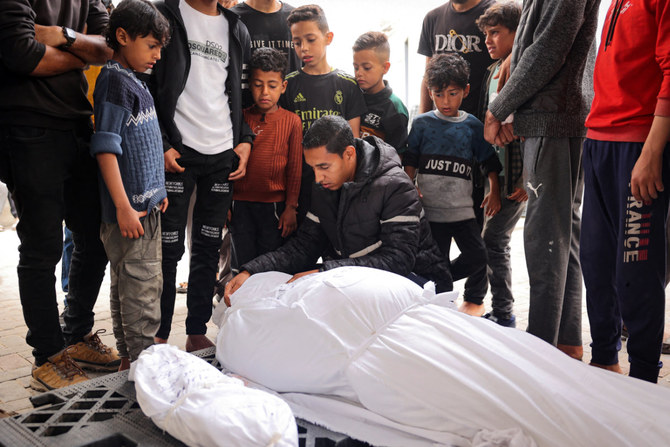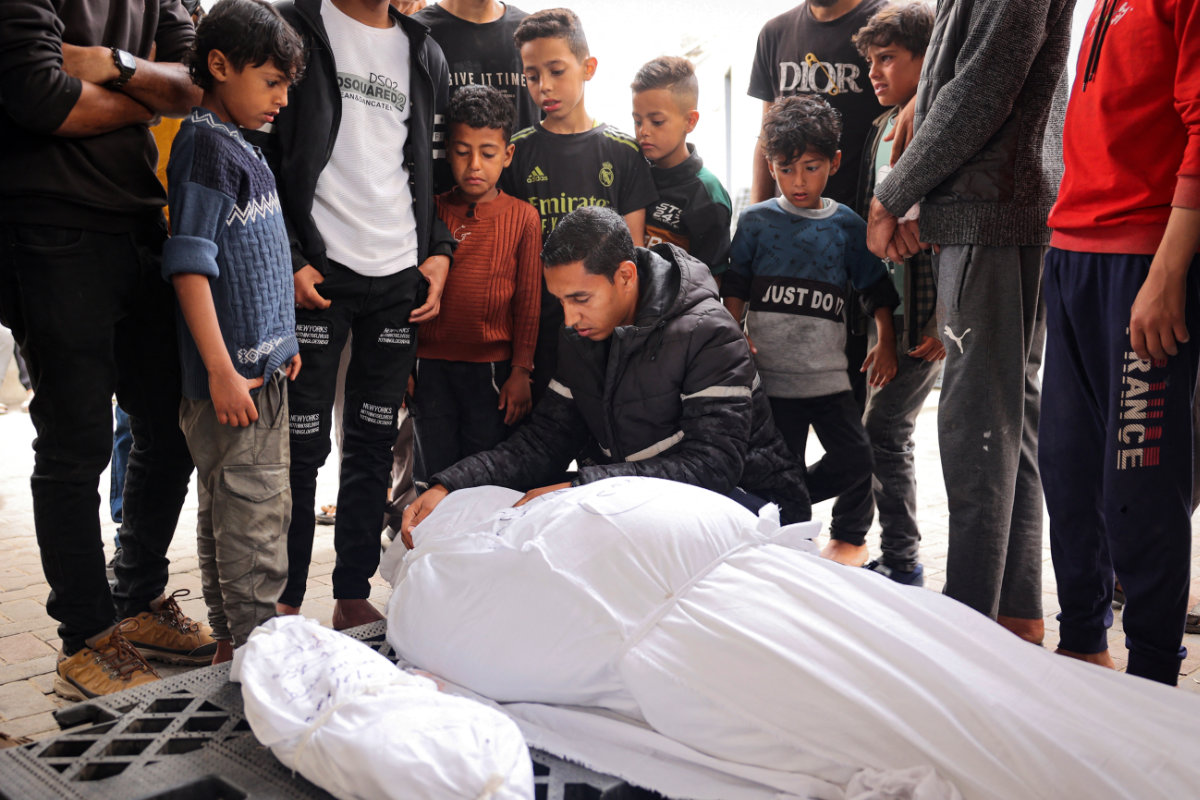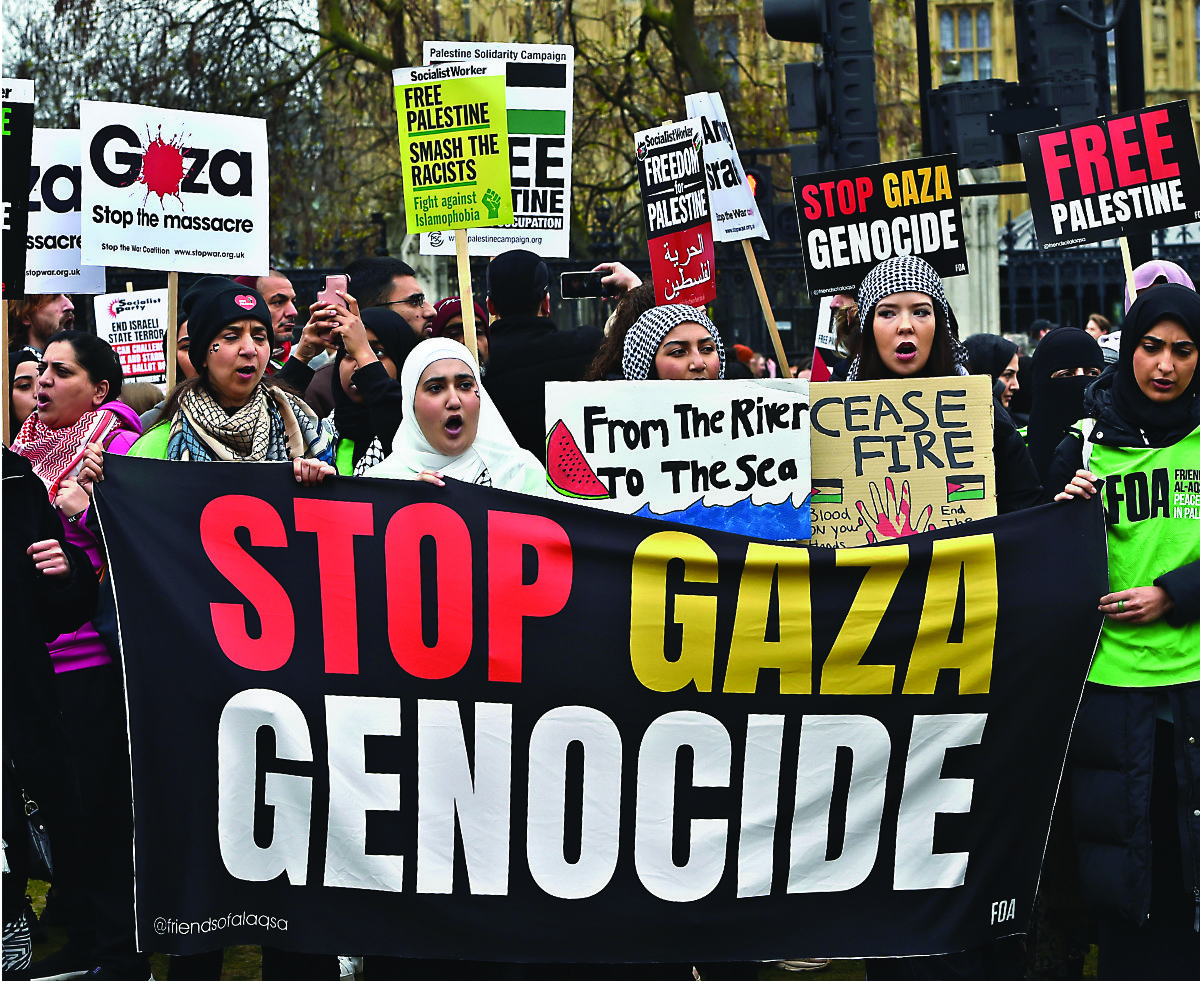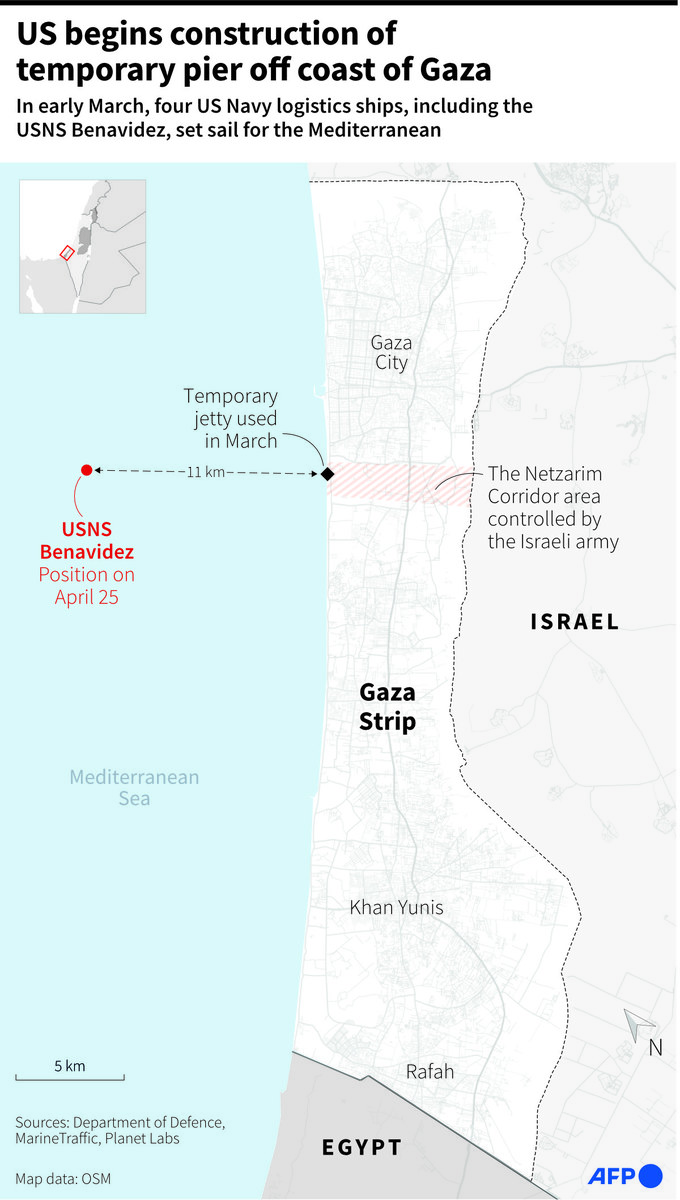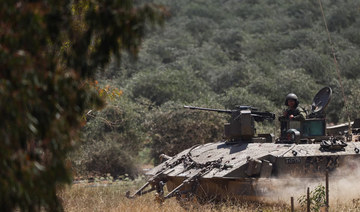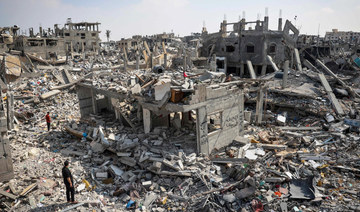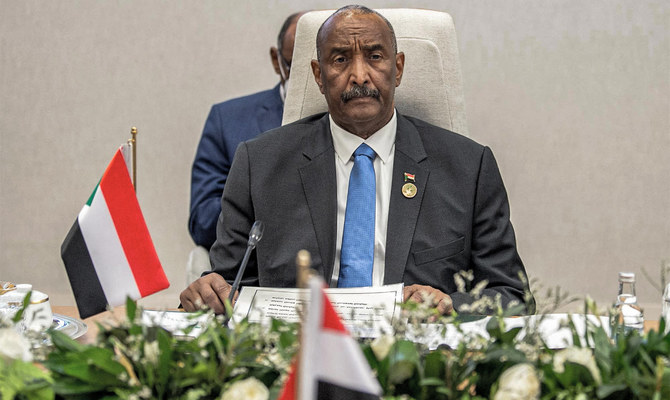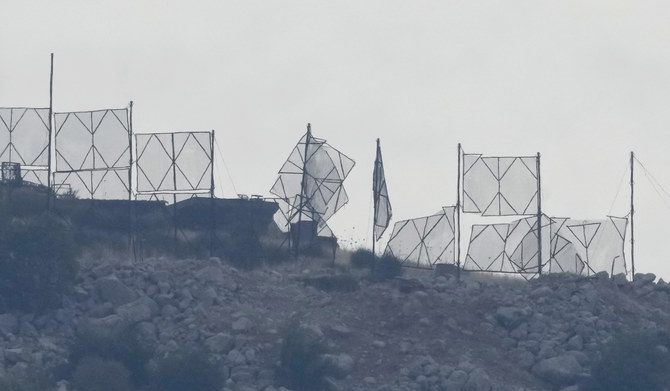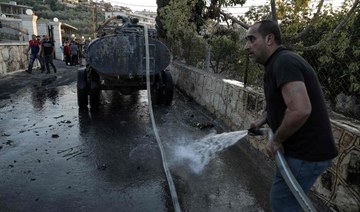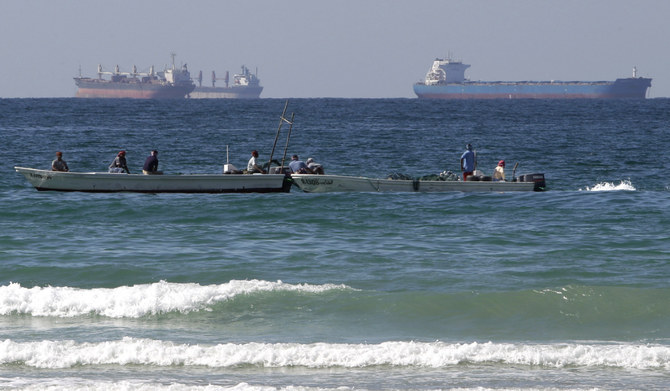DUBAI: Foreign migrant workers make up nearly 90 percent of the population in the UAE’s seven emirates, making it one of the most ethnically and culturally diverse countries in the world. But expatriates have never been given the chance to apply for, or shown a pathway to, citizenship.
Now, legal reforms adopted by the UAE leadership that overturn this longstanding practice are being hailed as a potentially transformative development for the country’s future.
Given the similarities in the policy-development processes of the Arab Gulf countries, some experts wonder whether the UAE’s move could become a bellwether for other GCC countries that are trying to diversify their economies and grappling with identical population challenges. In a tweet, Kuwaiti investor and adviser Ali Al-Salim called the Emirati citizenship offer “a game changer for the Gulf.”
All eyes will definitely be on how the UAE manages the risks and rewards of the new approach. In any case, only a select group of foreigners living in the country are expected to qualify for Emirati nationality. Legislators believe granting citizenship to investors as well as talented and innovative people will benefit the wider economy and give expats a real stake in the country’s future.
“We adopted law amendments that allow granting the UAE citizenship to investors, specialized talents and professionals including scientists, doctors, engineers, artists, authors and their families,” Sheikh Mohammed bin Rashid Al-Maktoum, the ruler of Dubai, said in a tweet on Jan. 30. “The new directives aim to attract talents that contribute to our development journey.”
For decades foreign migrant workers have been the mainstay of the UAE’s economy, in everything from the service sector to the top professions. The vast majority are South and Southeast Asian workers, who send their wages home as remittances.
Yet, residency for this segment of the population has remained largely contingent on their employment visas. Even children born to foreign parents in the UAE are not entitled to Emirati citizenship.
Under the new law, the cabinet, executive councils and local courts will begin nominating those eligible for citizenship under a strictly set criteria. According to a statement published by the state-owned Emirates News Agency, investors, doctors, scientists and people in the creative industries will be among the first to be considered.
“The UAE is very much en route to becoming a multi-ethnic, multi-religious, multicultural country and it is certainly taking all the steps to make that happen,” Nasser Saidi, a Lebanese politician and economist who previously served as minister of economy and industry, told Arab News.
“The new citizenship law goes very much in this same direction. Previously, you were just a visitor here in one form or another. You were employed, you invested, but you didn’t have a long-term stake in the country. UAE citizenship for foreigners means you now have a long-term stake in the country.”

The Gulf state relies on a large international labor force to function, right, but path to citizenship was never previously easy. (AFP)
Then there is the Gulf region’s looming demographic challenge. A study funded by the Bill and Melinda Gates Foundation at the Department of Health Metrics Sciences at the University of Washington in Seattle last year predicted that by 2050, 151 nations will not be producing enough babies to sustain their populations.
Falling fertility is already a problem in the Gulf states. In 2017, the global fertility rate was 2.37, but in the six GCC states it averaged just 1.84. Qatar, Bahrain and Oman were on the verge of failing to maintain their population numbers, but they were already dropping steadily in Saudi Arabia, Kuwait and the UAE.
By 2100, the situation in these countries is predicted to be even worse, with fertility rates falling to between 1.32 and 1.39 children in Saudi Arabia and between 1.23 and 1.27 in the UAE.
For the GCC states, there is an additional problem: they are seeking to diversify their economies and, at the same time, trying to replace foreign workers in key roles with their own citizens.
Going back in time and reversing the progress made in gender equality in the workplace and in society at large is impossible. Likewise, any attempt to persuade women to have more children against their will is not a viable solution.
For high-income countries with shrinking local populations, the University of Washington researchers saw only one way out: “The optimal strategy for economic growth, fiscal stability, and geopolitical security is liberal immigration with effective assimilation into these societies.”
For now, though, only select foreigners and professionals can aspire to become a UAE passport holder. Investors seeking citizenship must own property in the UAE, have obtained one or more patents approved by the UAE Ministry of Economy or another reputable international body, in addition to a recommendation letter from the ministry, according to the statement.
Doctors must be specialized in a unique scientific discipline or one in high demand in the UAE, while scientists are required to be active researchers at a university, research center or in the private sector with practical experience of no less than 10 years in the same field.
Intellectuals and artists, meanwhile, must be considered pioneers in their field and ideally have won one or more international awards. Recommendation letters from relevant government entities are also mandatory.
One particularly enticing aspect of the policy is that it allows new UAE passport applicants to also keep their existing citizenship.
“You can retain your own home country citizenship, which is very important for many people,” said Saidi. “There’s a big advantage from that point of view. Importantly, what this is really saying in terms of the economic aspect is that it allows you to be a leader in the country. It will attract and maintain human capital.”
Before the amendment to the citizenship law was announced, the UAE had unveiled a raft of measures to shake up its foreign-ownership laws to make the country more welcoming to investors by abolishing the need for companies to have Emirati shareholders.
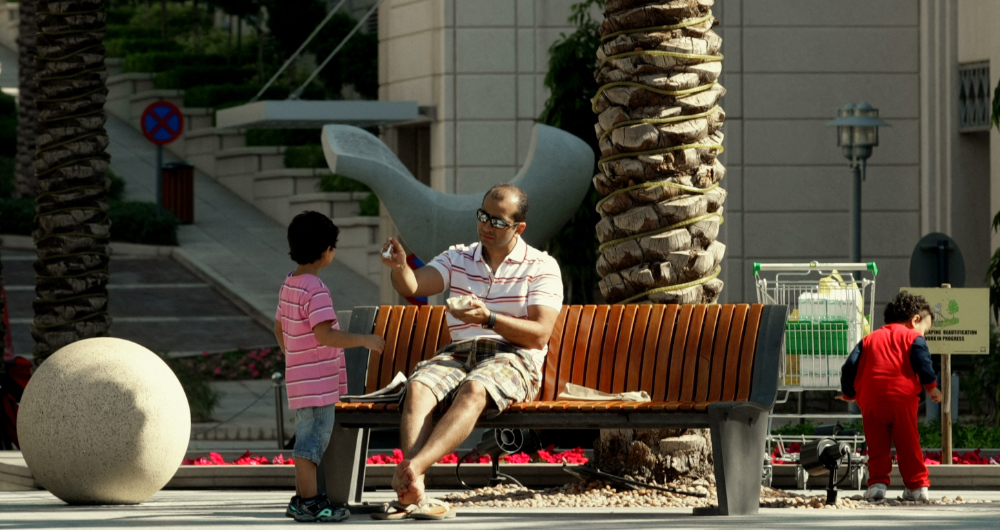
Under the new law, the cabinet, executive councils and local courts will begin nominating those eligible for citizenship under a strictly set criteria. (AFP)
In 2019, the UAE announced plans to grant extended visas to wealthy property investors, entrepreneurs and “specialized talents and researchers.” In late 2020 the government expanded the “golden” visa program and began offering five-year retirement visas to people above a certain income level. Subsequently, it introduced a remote worker visa permitting one-year stays for people with employment overseas provided they met a minimum salary requirement.
“The first advantage is that you are creating a much more diverse multi-skilled labor force by reaching new people from other nationalities,” said Saidi, referring to the liberalized UAE residency rules.
“The second, the idea is to move away from the past economic model of the UAE, which is a ‘build it and they will come’ type of model to one based more on knowledge and tech-oriented development of industries. Fourth, you retain talent, and fifth, you increase foreign direct investment into the country.”
Experts see many of the changes in the UAE’s visa policies as a response to sluggish economic growth, low oil prices and financial blows delivered by the COVID-19 pandemic.
“Since 2015, you have had ups and downs in oil prices which has meant that continuing with the model where you are non-diversified becomes an increasingly risky proposition, particularly at a time of climate change when countries across the world are moving to reduce their carbon footprint,” said Saidi.
“The market for oil over time has become smaller as countries shift towards greater energy efficiency and greater renewable energy. When you think of de-risking your fossil fuel assets, you do what Saudi Arabia did with Aramco. Everyone wants to de-risk now, which means greater diversification and moving away from high energy-intense activities. And this has been taking place over the last three to four years.”
In order to diversify, UAE legislators hope attracting skilled workers and big investors will insulate its economy from future oil shocks and prepare it for a carbon-neutral world. The hope is that, in the process the UAE will also evolve into an active, multi-ethnic society.
“From a business perspective there is nothing that will encourage people to be freer with their cash in our country than the idea that they have a safe and long-term home here,” Mishal Kanoo, an Emirati businessman and deputy chairman of Kanoo Group, told Arab News.
“The idea is to encourage the best and the brightest in their field from all over the world to come and live here and contribute to the economy and this will bring about change not just in the economy but in new ideas for growth and development.”
Emirati public intellectuals believe change will not happen overnight, and that there will be some trepidation in a young country of just one million full-fledged citizens.
“A law was announced, but from the time it gets announced to the time it is implemented, a lot of things will need to be checked and rechecked,” said Kanoo.
“Any change causes a fear factor. The best way to overcome any fear is to dip your foot in and see what it is like.”
Twitter: @rebeccaaproctor



